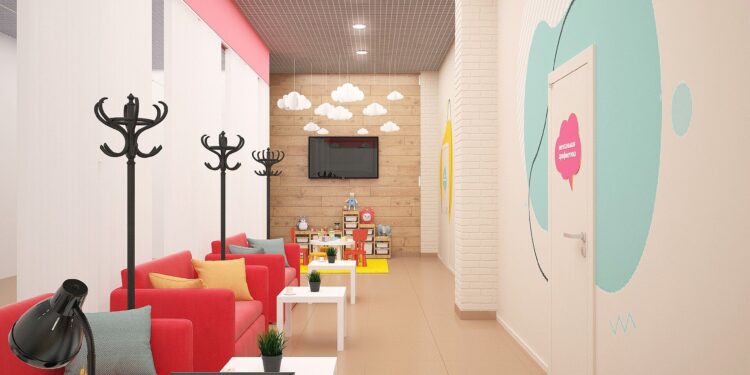Credit: CC0 Public domain
Health care workers will be relieved to learn that hospital coffee machines are not responsible for spreading disease and that a blanket ban does not appear necessary, according to a study published in the Christmas issue of The BMJ.
In an effort to eliminate nosocomial (nosocomial) infections, various objects have been studied as breeding grounds for bacteria, including doctors’ ties and even hospital Bibles.
But despite being regularly touched by many bare hands, the potential of hospital coffee machines as a source of infection had not yet been explored.
To address this issue, German researchers assessed the microbial population in healthcare-associated coffee machines, with a focus on the World Health Organization’s high priority “ESKAPE” pathogens (Enterococcus faecium, Staphylococcus aureus, Klebsiella pneumoniae, Acinetobacter baumannii, Pseudomonas aeruginosa, and Enterobacter species).
These bacteria pose a growing threat because they are resistant to many antibiotics and can cause deadly bloodstream or catheter-associated infections.
From October 31 to December 31, 2022, researchers analyzed a total of 25 coffee makers covering a range of fully automatic, capsule (such as Nespresso) and espresso machines.
Seventeen came from the break rooms and offices of the Department of Anesthesiology and Intensive Medicine of a university hospital and the Institute of Medical Microbiology, Immunology and Hygiene, both located in Cologne, Germany . Eight others were at staff members’ homes.
All coffee makers had been in use for at least a year and none had been specially cleaned before sampling. There were currently no disease outbreaks at any of the sites at the time of sampling.
Each of the coffee makers was stamped in five specific locations on the machine: the drip tray, the outlet, the buttons, the water tank handle and the inside of the water tank.
Species were identified from cultures by spectrometry. Typical pathogens were grouped into “medically relevant pathogens” and commensals into “atypical pathogens” and differentiated by Gram type: positive or negative (the latter have an outer membrane, which facilitates resistance to antibiotics).
Not surprisingly, microbial growth was detected on every coffee machine and hospital machines were approximately three times more colonized (360 strains isolated from 72 positive swabs) than domestic machines (135 strains isolated from 34 positive swabs).
Most of the species detected were commensals (bacteria that live on the skin or in the intestine and pose no health hazard). Only a few medically relevant pathogens and no antibiotic-resistant pathogens have been identified.
Among the eight types of medically relevant Gram-negative species detected, 81% were found in the hospital’s coffee makers, mainly collected from the drip trays, outlets and handles of water tanks, highlighting the need to monitor hand hygiene protocols.
Staphylococcus aureus was the only Gram-positive potentially pathogenic species collected: once on the knobs of a home coffee maker and once inside a hospital water tank, suggesting that users’ hands even affect improbable parts of the machines, note the authors.
“To our great relief, despite their potentially pathogenic origin in nosocomial epidemics, a general ban on coffee makers does not seem necessary,” they write. Additionally, the study would have resulted in extensive clean-up measures.
They add: “Our thoughts now turn to tea-drinking countries. Are teapots, kettles and hot water spouts breeding grounds for bacteria? Are high temperatures in the pots enough to kill any potential pathogens? And what about the handles?”
More information:
Bug in a Cup: Do Hospital Coffee Machines Transmit Pathogens? The BMJ (2023). DOI: 10.1136/bmj.p2564
Provided by the British Medical Journal
Quote: Hospital coffee machines get a clean bill of health (December 18, 2023) retrieved December 19, 2023 from
This document is subject to copyright. Apart from fair use for private study or research purposes, no part may be reproduced without written permission. The content is provided for information only.



